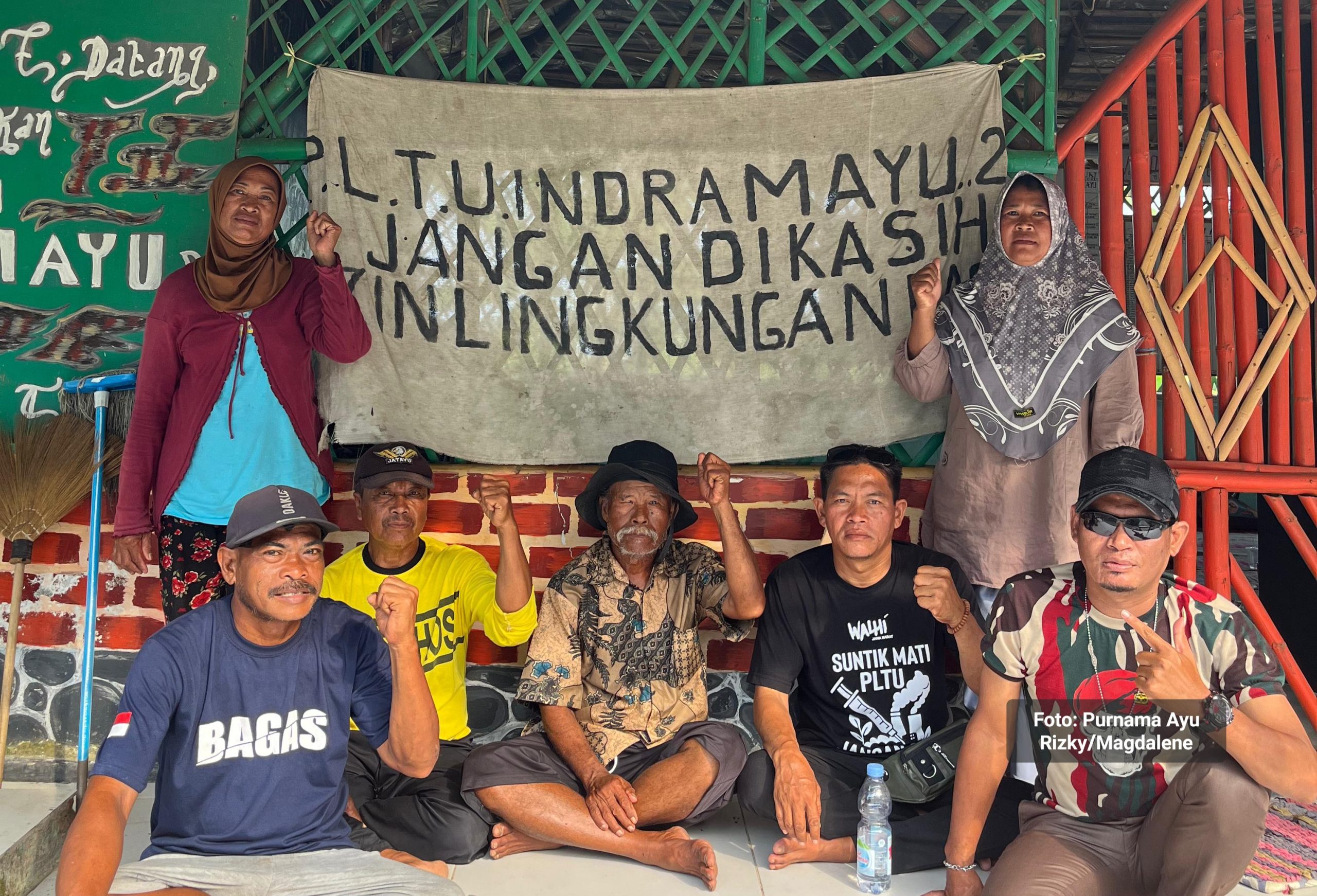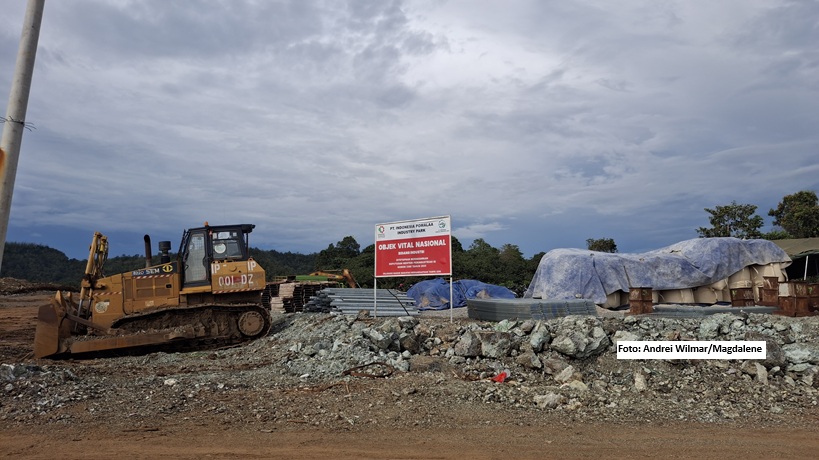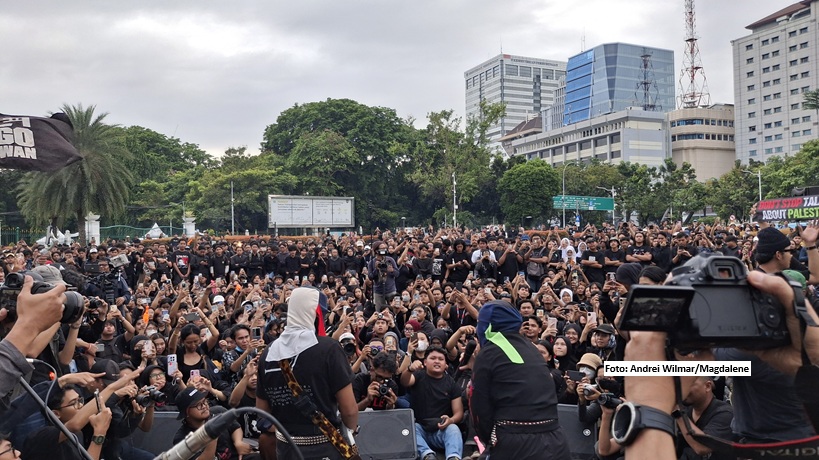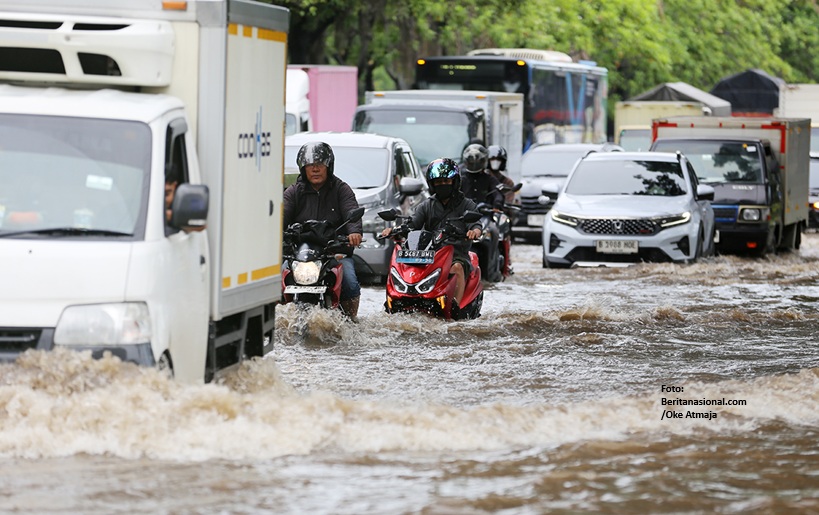What Do We Talk About When We Talk About The Manchester Rape Cases?
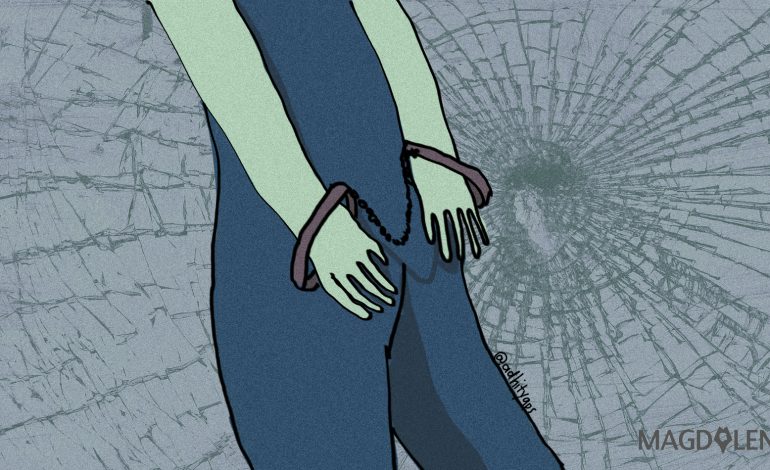
A few days ago news about Indonesian-born serial rapist in the U.K., Reynhard Sinaga, began to spread in Indonesia and it wasn’t long before it went viral.
A quick search on Google yields sensational titles from various online platforms. Tribun News for example, focuses on his family’s luxury house in Depok, West Java, and his days in school as told by his high school principal.
Many news outlets including Kompas, Merdeka, and IDN Times also put a spotlight on his family. They psychoanalyze and pathologize the perpetrator, sometimes by quoting a psychologist. While not exhaustive, this twitter thread shows more examples.

Unggahan twitter @vctrkmng.
This comes as no surprise. Indonesian media outlets are no stranger to sensationalizing narrative, as this research can attest. In the age of clicks and SEOs, crumbs of news attract people’s attentions. The lack of care in reporting sensitive cases such as rape is almost expected as well. The National Commission on Violence Against Woman(Komnas Perempuan) revealed in 2015 that the majority of media outlets do not report sexual offence cases through the perspective of the victim.
Still, it was curious to see how Indonesian media cover Sinaga’s case. Instead of exploiting the victims by violating their privacy, the media outlets feed us crumbles of Reynhard Sinaga’s life. The scope of his crimes definitely plays a role: he was convicted of raping more than 100 men. Yet, more factors are at play here. The fact that he rapes more than 100 men introduces another spin to this case. It was not a normal case of rape in which men’s sexual urge is seen as natural. It was a case of exception.
Talking About Stigma & LGBTQ in Indonesia
The social stigma that the LGBTQ community in Indonesia faces is not new. In fact, after 2016, Human Rights Watch noted that the stigma towards LGBTQ community grows stronger. LGBTQ community is often characterized as deviation, illness, and violating norms such as religion and national ideology. At worst, they are also characterized as immoral figures with unhealthy sexual drives. According to this logic, then, they are more likely to do sexual assault, such as rape and pedophilia.
This case adds to the pile of pathology narrative surrounding LGBTQ in Indonesia. Various media outlets are quick to use this frame of “stigma” to blow up the cases. They emphasize on the severity of the cases by highlighting that he rapes numerous men—as if the fact that he has sex with men play has correlation with the severity of his case. The media’s fascination towards his sexual life and orientation reproduces and reinforces this stigma.
Various articles also attempt to pathologize the suspect further by explaining both his sexual activities and sexual orientation as a result of traumatic experiences. This further reinforces LGBTQ community as a deviation of the normal, “healthy” population. Sensationalizing the rape case both reinforces the amorality stigma within the LGBTQ communities, while at the same time also provides a moral high ground for the “normal” heterosexual.
And if there is anything that Indonesian people enjoy is having moral high ground while badmouthing about other people.
The media’s fascination with his sexual life and orientation reproduces and reinforces the stigma of gay men as predators.
Talking About “Himpathy”
There is another layer to the media’s fascination with Sinaga’s figure. A quick search shows various snippets of his personal life, from his educational background, his family, to even the most trivial information. While the media are quick to emphasize on his sexual orientation when talking about his rape cases, they are also eager to tell us more about the perpetrator and introduce us deeper to his personal life. Moreover, several articles highlight his attractiveness as a person, including showing his selfie.
He didn’t fit the “typical” predator often portrayed in the media – low-class, uneducated men who often succumb to their basest sexual drive. He comes from an affluent background with college education on his belt. His privileges and power make him desirable. Despite his sexual orientation, he fits into what society sees as a civilized, ideal citizen, in contrast to low-class men. Thus, while most rape perpetrators do not get the “star” treatments, Sinaga gets to be treated as someone worthy of being covered extensivesly. Some even portray him as someone worthy of pity as he must have a reason – a psychological excuse – that leads him to rape others.
This is in line with what feminist thinker Kate Manne calls as “himpathy” – in which powerful men often receive sympathy when it comes to sexual assault and other types of assault. The situation surrounding the Manchester Rape Case is not exactly similar to what Kate Manne illustrates, as Kate Manne focuses on the backlash of #MeToo movement in which predatory men face sexual assault claims from women who are often discredited. Moreover, the “sympathy” offered by the media through extensive coverage and framing that “excuse” his behavior do not necessarily correlate to discrediting victims or the actual rape cases. Still, the interest towards understanding Sinaga’s personal life as if to untangle the reason behind his action is suspect in itself.
Why focusing on understanding the suspect?
What We Don’t Talk About: The Rape Itself
Amidst the coverage surrounding this Manchester Rape Case – and especially the suspect – Indonesian media relegate the most important thing to the footnotes: the rape case itself and justice for the victims.
Meanwhile, rape remains a serious issue that deserves our utmost concern. In Indonesia, sexual violence is an issue that needs urgent intervention. Despite calls from various women’s groups and figures, Parliament failed to pass the sexual violence bill last year, as opposition to the bill remains high. Male sexual violence also remains underrepresented and underreported in both the justice system and the media.
It is time to move on from the suspect and to move towards giving justice for the victims.












